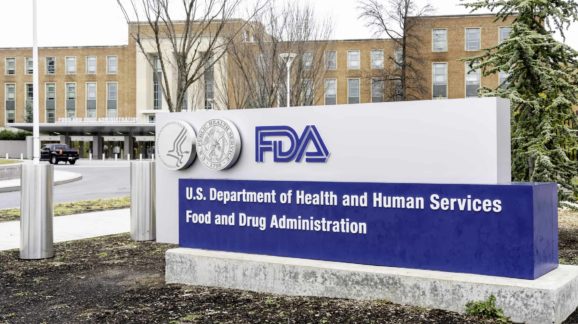Ending Counterproductive, Counterintuitive Regulation
Early in the COVID-19 crisis, House Speaker Nancy Pelosi (D-Calif.) chided the Trump administration’s response and demanded “testing, testing, testing.” Yet, when the administration recently rescinded a Food and Drug Administration policy that caused many of the early testing delays, Pelosi’s colleague Rep. Frank Pallone (D-N.J.), Chairman of the House Energy and Commerce Committee, declared the action “deeply concerning” and demanded an investigation. The administration’s early handling of the pandemic was far from flawless, but its curb on FDA regulation of laboratory-developed diagnostic tests should be applauded, not criticized.
When the first COVID-19 cases were detected in the United States in January, several academic and hospital laboratories offered to create tests for the novel coronavirus but were thwarted by the FDA and Centers for Disease Control. A research lab at the University of Washington that had already collected nasal swabs for an ongoing study of influenza started to test the samples for coronavirus but was ordered to stop.
The FDA insisted no COVID-19 tests could be used without its say-so, which usually means lengthy premarket approval or clearance. The declaration of a public health emergency gave the agency authority to issue expedited emergency use authorizations. But the only authorization FDA granted during February was for a CDC-developed test that proved defective. It wasn’t until Feb. 29 that the agency relented and allowed hospital and academic laboratories to use their own tests in advance of seeking emergency authorization, a move that kick-started the wide-scale testing necessary to combat the pandemic.
The delay threw a spotlight on a long-simmering regulatory morass. Federal law gives the FDA broad authority to regulate medical devices “intended for use in the diagnosis of disease.” The agency mandates a premarket review of diagnostic test kits manufactured by one entity and sold for use in other laboratories. But, while the FDA also claims authority to review tests that are designed, manufactured, and used within a single lab, it almost never does, claiming “enforcement discretion.”
That doesn’t mean these laboratory-developed tests (LDTs), have gone unregulated. The Clinical Laboratory Improvement Amendments of 1988 (CLIA) authorize the Centers for Medicare and Medicaid Services to regulate labs that perform diagnostic testing for humans. Only laboratories that are certified to perform high-complexity testing may develop and use LDTs, and CLIA requires the labs to demonstrate that each test accurately and reliably measures its intended target substance. While the FDA review is more in-depth, CLIA-certified labs have a sterling performance record.
Read the full article at The Hill.
